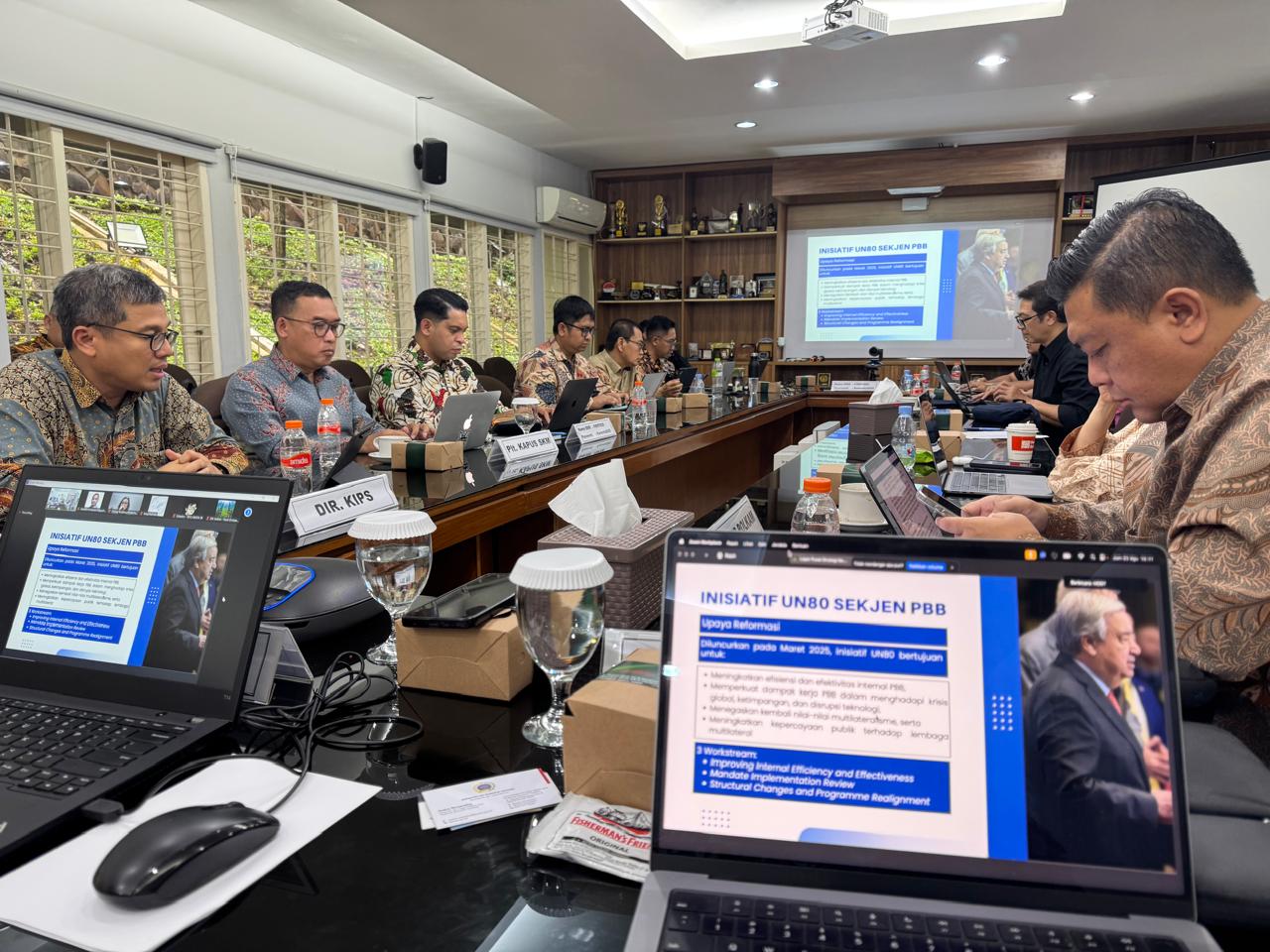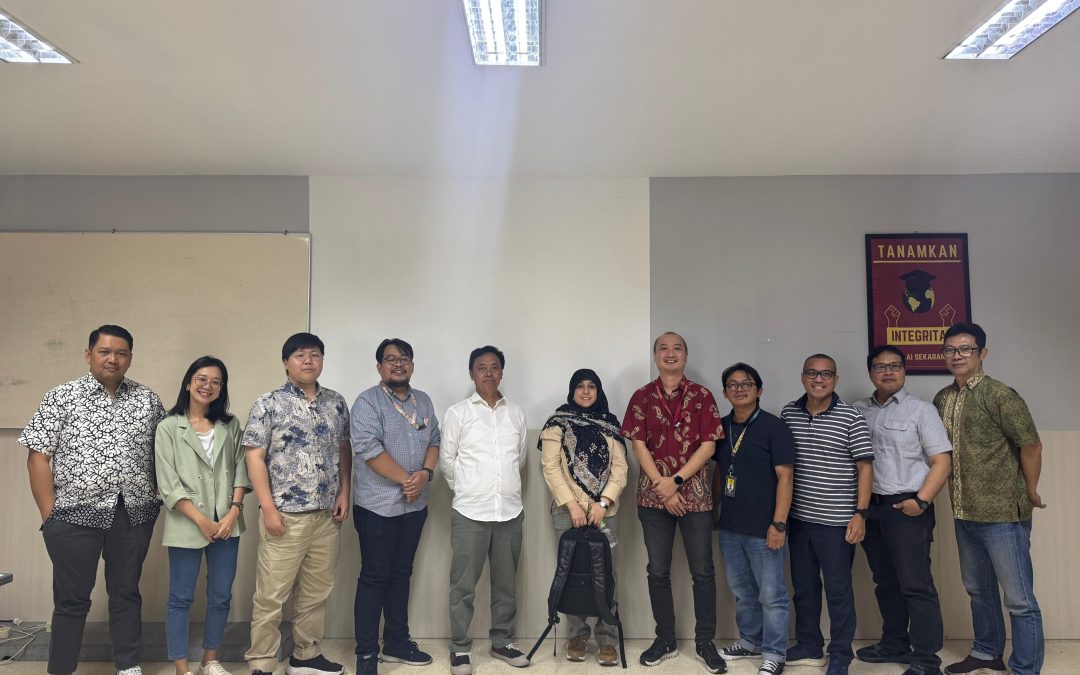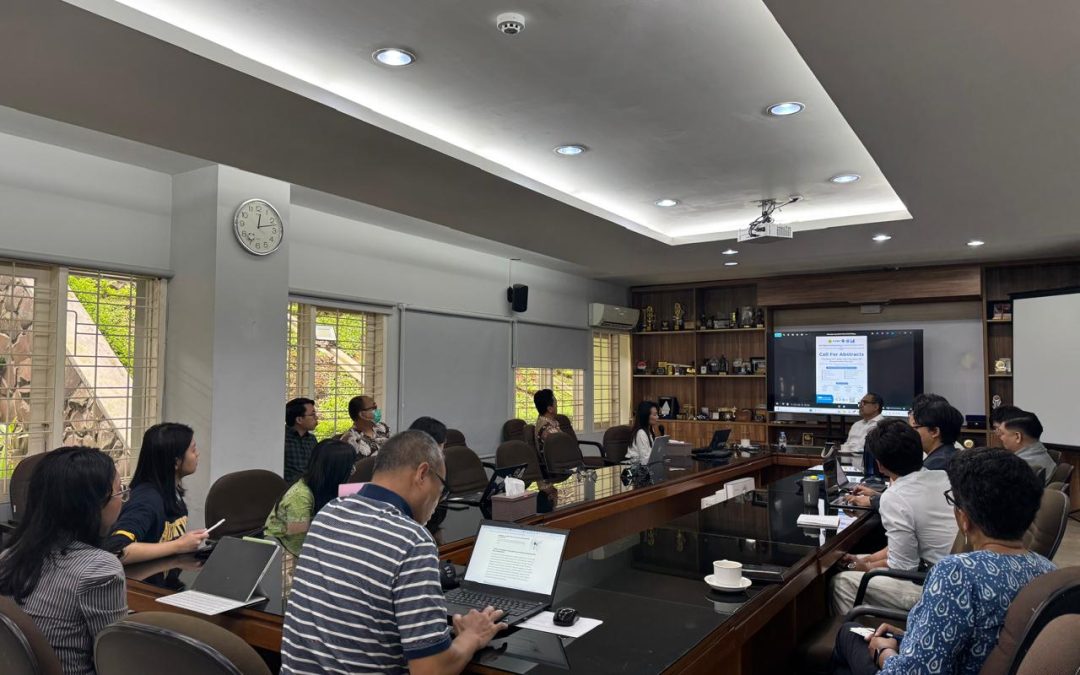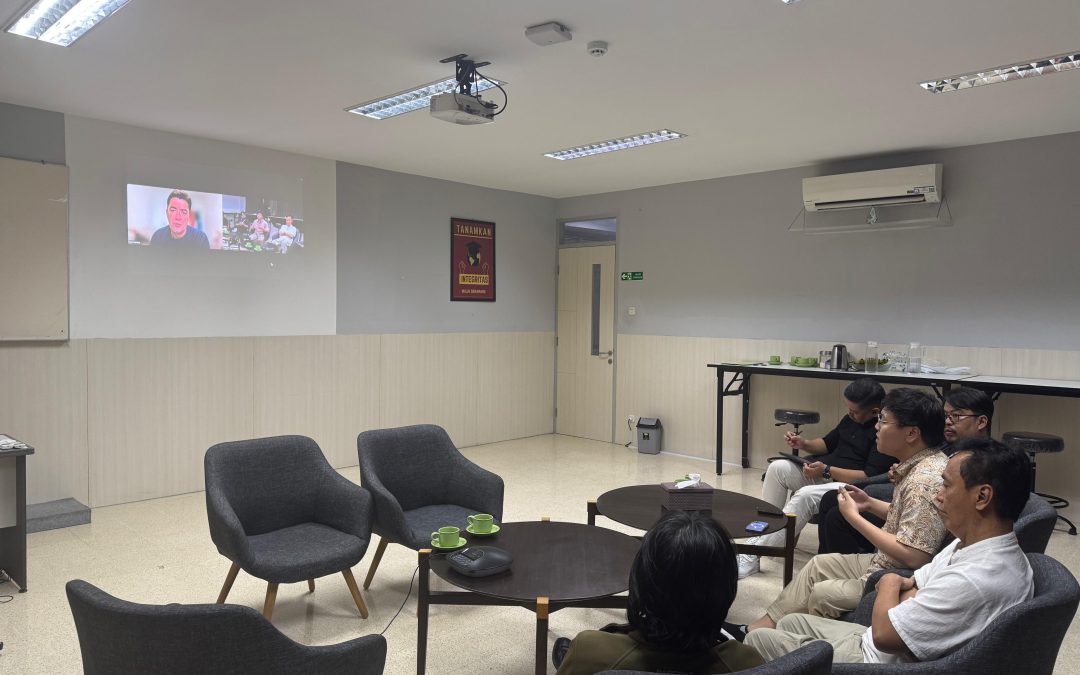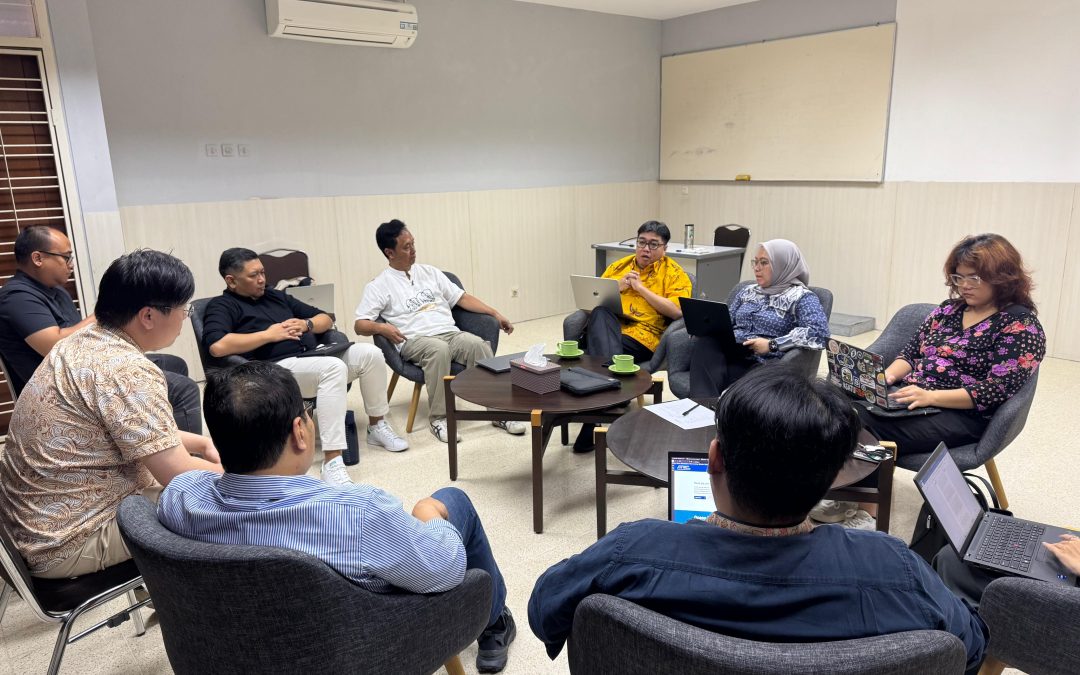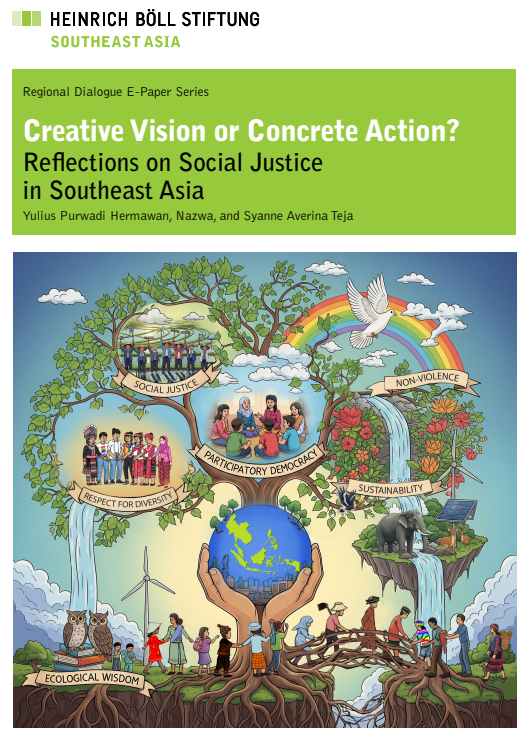On Friday, 22 August 2025, the Multilateral Policy Strategy Center, Foreign Policy Strategy Agency (BSKLN) of the Indonesian Ministry of Foreign Affairs held a Foreign Policy Input Network activity “Indonesia’s Position on the UN80 Initiative” in the FISIP Meeting Room at Parahyangan Catholic University (Unpar(, Bandung. The activity, which was held in collaboration with the Faculty of Social and Political Sciences (FISIP Unpar) and the Parahyangan Center for International Studies (PACIS), was intended to gather input and formulate Indonesia’s policy strategy towards the UN80 Initiative, which was proposed by the UN Secretary General, Erico Guterres in March 2025.
Specifically, this activity aims to discuss the impact of the UN80 Initiative on reform of the multilateral system as a whole, gather input on Indonesia’s position in the 3 (three) UN80 workstreams and develop Indonesia’s position in the UN80 Initiative.
Present at the meeting were around 30 people from representatives of units within the Indonesian Ministry of Foreign Affairs, academics and research institutions. The chairman and members of PACIS were present at this activity and were actively involved both as resource persons and discussants.
The discussion of the UN reform initiative was carried out in a crucial context ahead of the 80th anniversary of the founding of the United Nations (UN) on 24 October 2025. The eight decade commemoration of the UN is not just a ceremonial reflective moment, but rather a momentum to strengthen the role of the UN in carrying out its mandates.
In response to the crisis of confidence, institutional stagnation and financial problems that have ensnared the UN, Secretary General António Guterres launched the UN80 Initiative in March 2025. This initiative is considered the most comprehensive effort in recent decades to overhaul the working mechanisms of the UN, while returning the organization to its main mandate as stated in the UN Charter.
Broadly speaking, the UN80 Initiative focuses on three workstreams:
1. Improving Internal Efficiency – bureaucratic efficiency and resource management through digitalization, use of AI, and relocation of staff to low-cost locations.
2. Mandate Implementation Review – a comprehensive evaluation of UN mandates, considering that most mandates do not have review clauses and are often not relevant to current needs.
3. Structural Changes and Program Realignment – restructuring of UN agencies and programs into seven major clusters, including plans to merge overlapping agencies to increase effectiveness.
The foreign policy input network activity was opened by Mr. Tri Aryadi, Plt. Head of the BSKLN Multilateral Policy Strategy Center, Ministry of Foreign Affairs and moderated by Mr. Freddy Panggabean, Intermediate Diplomat for PSKM BSKLN, Ministry of Foreign Affairs. Three speakers conveyed the UN80 Initiative in Workstream I, II and III and input on Indonesia’s position. The speakers were Mr. Caka Alverdi Awal (Director of International Security and Disarmament, Indonesian Ministry of Foreign Affairs), Mr. Aknolt Kristian Pakpahan (Chair of the Master of International Relations Program at Unpar and PACIS researcher, and Yulius Purwadi Hermawan, Chair of PACIS Unpar. All three saw the urgency of the UN reform initiative proposed by the UN Secretary General, and explained several alternative positions for Indonesia in responding to this.
Two discussants, namely: Mr. Indra Rosandry, (Director of Law and Political and Security Agreements, Indonesian Ministry of Foreign Affairs) and Mrs. Diana (Senior Diplomat at the Center for Asia Pacific and African Policy Strategy, BSKLN, Indonesian Ministry of Foreign Affairs) express their views, related to the UN80 Initiative and Indonesia’s response to the proposal. Both see the importance of UN reform with an emphasis on the importance of upholding international law and formulating a position that can provide space for Indonesia to play an active role in UN bodies.
Two PACIS researchers, Mr. I Nyoman Sudira and Mrs. Sylvia Yazid, also provided input on the ideas conveyed by the resource person and the two responders. Both saw possible opportunities that could be taken to realize UN reform that could truly be realized.
Also present at the foreign policy input network activities were Stanislaus Risadi Apresian (Deputy Dean II for Resources, FISIP Unpar), Albert Triwibowo (Head of International Relations Study Program) and PACIS members: Idil Syawfi, Ignasius Adhi Bhaskara, Gracelia Yoshanti and Yuliana Maria Mediatrix.
Writer: Nazwa

